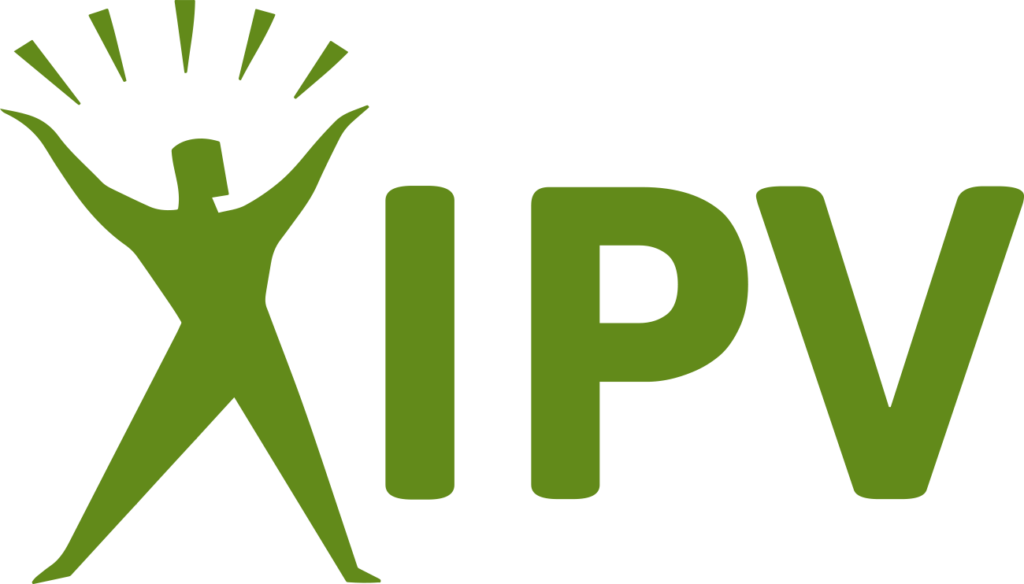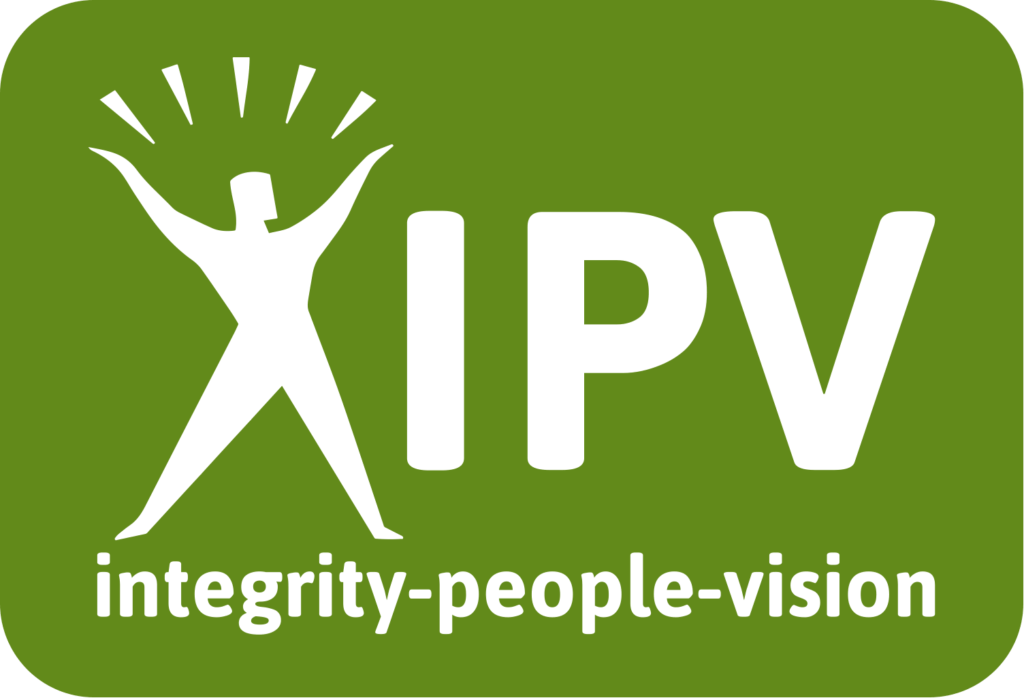
In today’s rapidly evolving professional landscape, leadership is no longer solely about skills and expertise. It’s about understanding, empathy, and fostering a positive environment that propels both individuals and the organization forward. Two concepts that are reshaping the way leaders approach their roles are emotional intelligence (EI) and positive intelligence (PQ). Understanding how these concepts influence leadership, management, and the creation of a thriving workplace culture will help your company foster employee engagement and improve performance.
Emotional Intelligence (EI): Building Strong Connections
Emotional intelligence is the ability to recognize, understand, and manage emotions—both in oneself and others. This skill profoundly impacts leadership and workplace culture:
1. Empathy and Understanding:
Leaders with high EI can empathize with their team members, creating a sense of belonging and psychological safety. According to a study by Harvard Business Review, 58% of employees believe leaders with high EI are more effective.
2. Conflict Resolution:
EI enables leaders to navigate conflicts with sensitivity and objectivity. A survey by TalentSmart found that 71% of employees believe EI has a greater impact on leadership success than IQ.
3. Employee Engagement:
According to a study by Gallup, teams led by emotionally intelligent managers experience 20% higher engagement levels. Leaders who understand and cater to employees’ emotions create a motivating work environment.
Positive Intelligence (PQ): Fostering Resilience and Growth
Positive intelligence involves mastering your own mind to achieve better outcomes and a healthier mindset. It enhances leadership and shapes workplace culture in remarkable ways:
1. Resilience and Adaptability:
Leaders with high PQ can navigate challenges with resilience and a growth-oriented mindset. Research by Positive Intelligence Inc. indicates that individuals with higher PQ are more resilient under stress.
2. Positive Communication:
Positive leaders promote open communication, encouraging collaboration and innovation. A survey by Happify found that 91% of employees in positive work cultures believe their ideas are valued.
3. Employee Well-Being:
High PQ leaders prioritize employee well-being, contributing to a culture of support and care. Gallup reports that engaged employees are 21% more likely to say their well-being is thriving.
Creating a Great Workplace Culture
The combined influence of emotional and positive intelligence transforms leadership and shapes a vibrant workplace culture:
1. Trust and Collaboration:
Leaders who exhibit emotional intelligence foster trust and collaboration. A study by Forbes found that 79% of employees who quit their jobs cite “lack of appreciation” as a key reason.
2. Employee Satisfaction:
A positive intelligence-driven culture enhances employee satisfaction. A survey by HBR found that employees in positive work environments are 2 times more likely to stay with their organization.
3. Productivity and Innovation:
When leaders prioritize emotional and positive intelligence, productivity and innovation flourish. The Positive Intelligence Inc. research suggests that individuals with high PQ are 65% more successful in achieving goals.
Conclusion
Emotional intelligence and positive intelligence are reshaping leadership paradigms and transforming workplace cultures. Leaders who harness these concepts create environments where employees thrive, innovate, and feel valued. The statistics and research on employee engagement paint a clear picture: prioritizing these intelligences leads to increased engagement, productivity, and overall well-being. As leaders embrace these principles, they pave the way for success in an ever-evolving business landscape.
The first step toward an engaged, productive team is to schedule your FREE session with our coaches.





